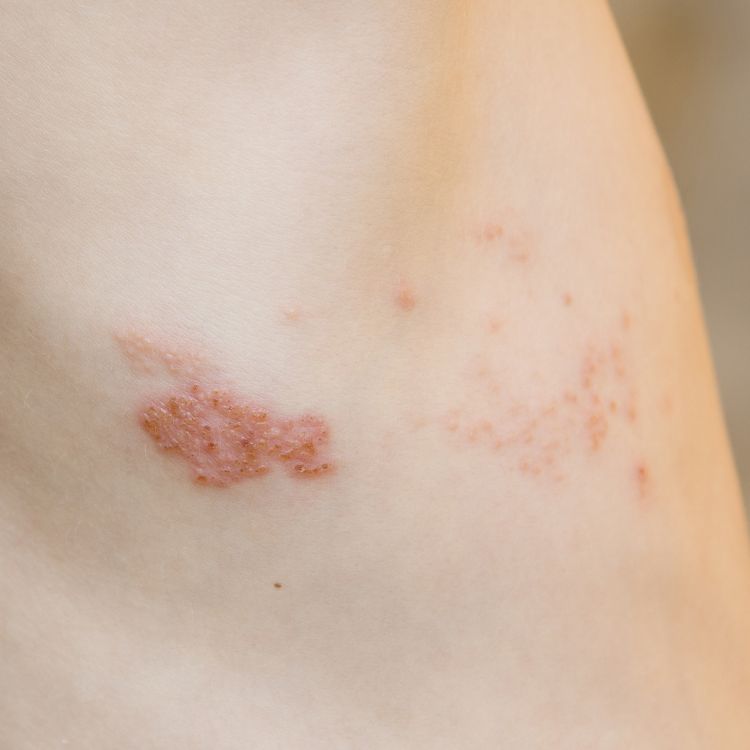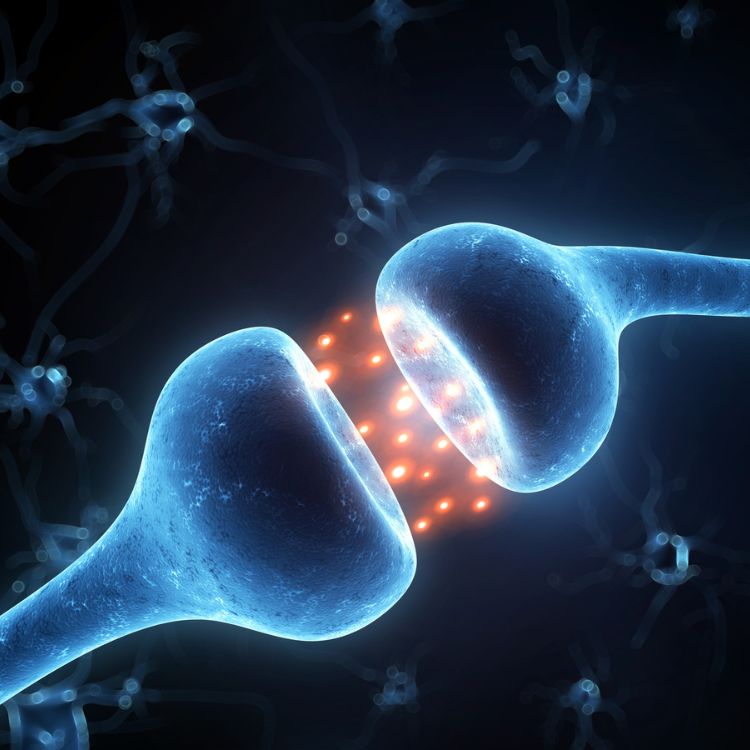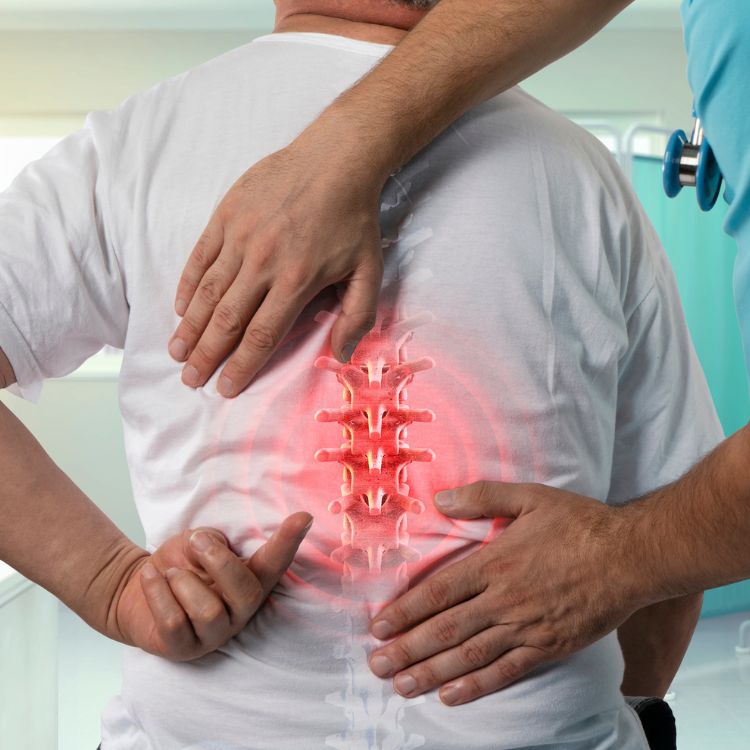What Causes Postherpetic Neuralgia?
Postherpetic neuralgia is caused by nerve damage that occurs when the shingles virus (varicella-zoster virus) reactivates in the body. During a shingles outbreak, the virus affects nerve fibers and causes a rash. For some individuals, the nerve fibers do not heal properly after the rash resolves, resulting in persistent pain. This nerve damage may cause the brain to incorrectly interpret sensations, leading to chronic pain even though the skin has healed.
While postherpetic neuralgia is most common in older adults, particularly those over 60, it can also affect people who experienced severe shingles symptoms or a weakened immune system during the outbreak. The risk of developing PHN increases with age, making timely treatment of shingles and early intervention important for reducing long-term complications.
Recognizing the Symptoms of Postherpetic Neuralgia
The hallmark symptom of postherpetic neuralgia is pain that continues in the same area where the shingles rash occurred, lasting for more than three months after the rash has healed. The pain can vary in nature, ranging from mild to severe and may include:
- Stabbing or shooting pain
- Burning or aching sensations
- Shock-like pain
- Extreme sensitivity to touch, temperature changes, or even clothing pressure
In addition to pain, individuals with PHN may also experience abnormal sensations like tingling or numbness in the affected area.
Diagnosis and Treatment of Postherpetic Neuralgia
Postherpetic neuralgia is typically diagnosed by a healthcare provider based on the patient’s history of shingles and the persistence of pain beyond the usual recovery period. Your doctor will conduct a physical examination and may ask you questions about your symptoms to determine if PHN is the cause of your discomfort.
Treatment for postherpetic neuralgia focuses on alleviating pain and improving quality of life. Since nerve damage is the underlying cause, managing PHN can be challenging, but there are various treatment options available to reduce symptoms:
- Topical creams: Over-the-counter or prescription-strength creams, such as capsaicin, can help alleviate pain by numbing the affected area.
- Antidepressants: Certain types of antidepressants, such as tricyclic antidepressants, can be helpful in managing nerve pain.
- Anticonvulsants: Medications originally developed to treat epilepsy, like gabapentin, can be effective in calming the nerves and reducing pain.
- Nerve blocks: Injecting local anesthetics into specific areas near the nerves can provide temporary relief from pain.
- Spinal Cord Stimulation: In cases where other treatments are not effective, spinal cord stimulation may be considered. This involves implanting a device that sends electrical impulses to the spinal cord to block pain signals.
If you are suffering from postherpetic neuralgia, it’s important to seek medical attention as early treatment can help prevent long-term pain. Working closely with one of our providers will allow you to explore the best options for managing this condition.






